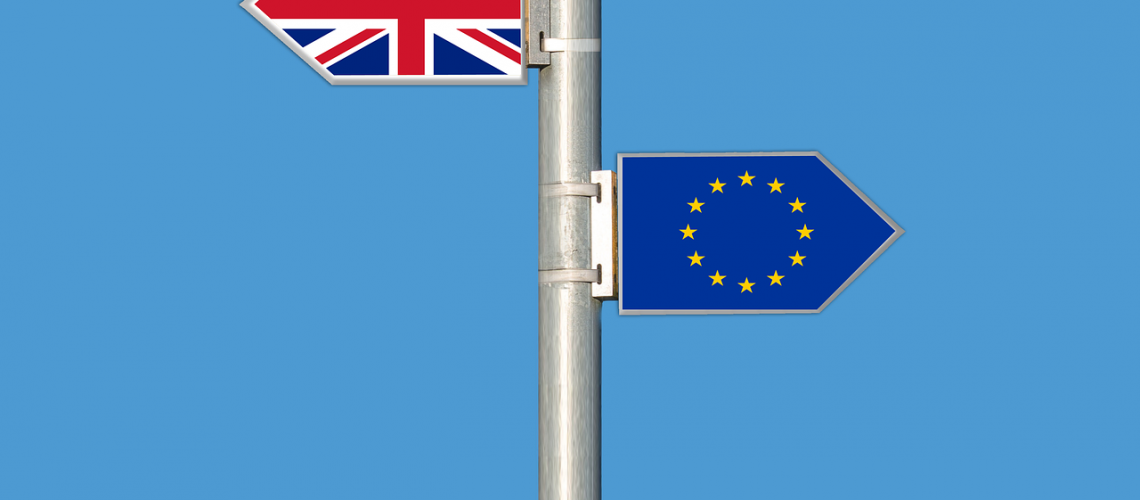The third series of the BBC Radio 4 programme ‘Brexit: A Guide for the Perplexed’ was broadcast on five consecutive days between 19 February and 23 February, 2018. Each programme was 12 minutes long and was presented by the BBC’s EU ‘Reality Check’ reporter, Chris Morris.
Each edition dealt with the projected impact of Brexit and there were five separate themes: the UK pharmaceuticals sector, food and agriculture, the future of British Overseas Territories (the featured ones were Gibraltar and Anguilla), the regions of the UK outside London, and the so-called ‘transitional phase’ after March 2019.
It was projected as an objective examination of the issues of Brexit, but it was not. Instead, Chris Morris and the programme team assembled and edited a range of contributions which were overwhelmingly biased against Brexit and pro-EU in their outlook.
There were 46 speakers in total but 22 made very short contributions, often as part of montage sequences, amounting to 285 words in total, and equating to just 3 per cent of the overall programme airtime.
The ‘meat’ of the programme was delivered by the 24 main interviewees who provided longer contributions. This group accounted for 48 per cent of the total airtime. 18 of the 24 were pro-EU/anti-Brexit; only three were anti-EU/pro-Brexit; two contributors made points both for and against; and one was neutral. The imbalance was startling. The 18 who made negative points on Brexit delivered 3,824 words (76 percent of words spoken by guests in this category), those speaking positively 352 words (seven per cent), and mixed/neutral speakers 838 words (17 per cent). The anti-Brexit to pro-Brexit word count ratio was thus almost 11 to one. The ratio of pro-EU to anti-EU speakers in this category was 6:1.
Bias in broadcasting, of course, is not measured by metrics alone, but such calculations are held in academic methodology to be a reliable pointer to its existence. Transcript analysis confirms that the negativity from these contributors against Brexit was very strong. At a headline level, it included predictions of serious problems in the regulatory regime governing the pharmaceuticals sector and huge delays in Britain being able to use pioneering medical drugs; the danger of food price rises of up to 46 per cent; the sovereignty of Gibraltar and the economic well-being of both Gibraltar and Anguilla coming under unprecedented attack; the West Midlands, as the chosen main example of a region of the UK, facing serious threats to its prosperity; and a transition period likened to walking the plank, with the likelihood of a UK ruled by the EU without any say.
The pessimism was heavily compounded by the comments and opinions of Chris Morris, who spoke 49 per cent of the words across the five programmes. His positive points are detailed in Part Two and were a very minor part of the programmes. Mostly, Mr Morris amplified the negativity of those gloomy about the impact of Brexit, and he strongly challenged or cut short those who made positive points. His primary intent seemed to echo the ‘walking the plank’ metaphor introduced in the final programme.
Mr Morris did not tell listeners in his introductions and commentary that some of the key contributors who were negative about Brexit had clear pro-EU views and had been campaigners for Remain since before the EU Referendum. One, Professor of Law Catherine Barnard, held the Jean Monnet chair at Cambridge, and was thus at least partly paid for by the EU.
This boils down to that BBC ‘Reality Checking’ is a complete misnomer. In this series, the BBC seemed intent to cram into 60 minutes as many potential problems about Brexit as it could, with only a fig-leaf acknowledgement of the belief that it presents the UK with vibrant new opportunities.
The full report is available here:

